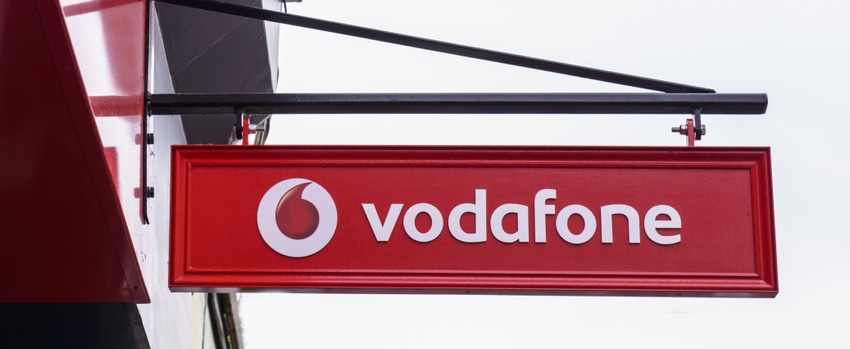Vodafone has unveiled its cunning plan for gigabit ultrafast fibre broadband services in Germany, with a €2 billion cheque to spend before the end of 2021.
September 11, 2017

Vodafone has unveiled its cunning plan for gigabit ultrafast fibre broadband services in Germany, with a €2 billion cheque to spend before the end of 2021.
The distant date takes a bit of the gloss off the shiny cash, but it is still a good chunk of change to invest into German infrastructure over the next four years. The objective will be to deliver 13.7 million gigabit connections for both consumers and businesses, focused on three separate initiatives.
Firstly, ‘Giga-Business’ builds on an existing relationship with Deutsche Glasfaser to build fibre-to-the-premises networks in Germany. The team has set aside between €1.4-€1.6 billion with the ambition of connecting 100,000 companies in around 2,000 business parks around the country by the end of 2021. However, the small print is that 40% of the organizations in the business part would have to commit to Vodafone services before it is willing to spend a penny.
Another clever bit of business is the partnerships which are being developed by the Vodafone team. The partner will deploy the passive infrastructure, while Vodafone will operate the network and supply services to customers. Over the next four years, Vodafone will buy the infrastructure off the partner. Essentially, Vodafone will have to invest very little up-front.
The second pillar is ‘Giga-Municipality’. In this one, Vodafone wants to offer gigabit services to around one million consumer households in rural areas, in co-operation with local municipalities, by the end of 2021. Here, the local municipality will build and own the passive network infrastructure from the central office to the home, with the potential support of government fibre subsidies. Again, Vodafone isn’t laying out the cash.
The final initiative is ‘Giga-Cable’. The objective here is to improve cable footprint from the current top speed of 500 Mbps to 1 gigabit per second, through the accelerated adoption of DOCSIS 3.1 technology. This will cost the team approximately €200 million, but at least Vodafone is paying for this bit on its own.
So Vodafone is essentially taking the credit for other people’s investments. It’s clever business and good PR, but don’t get too excited just yet. If you look at the small print again, targets and KPIs have not been sorted out. The numbers sound good, but they don’t actually mean anything just yet.
About the Author(s)
You May Also Like








.png?width=300&auto=webp&quality=80&disable=upscale)


_1.jpg?width=300&auto=webp&quality=80&disable=upscale)


.png?width=800&auto=webp&quality=80&disable=upscale)